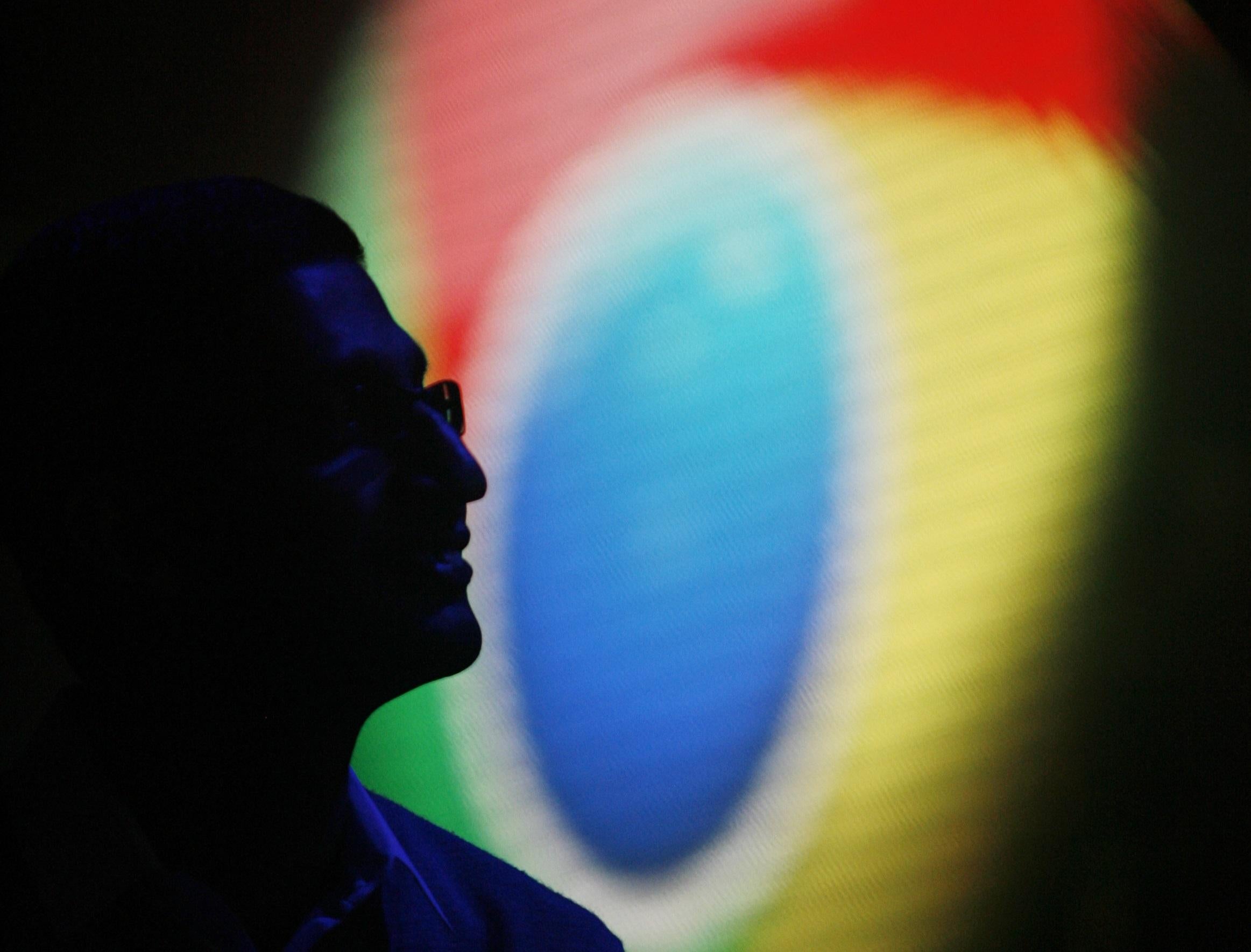Google faces lawsuit over ‘tracking users’ in incognito mode
Judge warns tech giant ‘did not notify users that Google engages in the alleged data collection while the user is in private browsing mode’

Your support helps us to tell the story
From reproductive rights to climate change to Big Tech, The Independent is on the ground when the story is developing. Whether it's investigating the financials of Elon Musk's pro-Trump PAC or producing our latest documentary, 'The A Word', which shines a light on the American women fighting for reproductive rights, we know how important it is to parse out the facts from the messaging.
At such a critical moment in US history, we need reporters on the ground. Your donation allows us to keep sending journalists to speak to both sides of the story.
The Independent is trusted by Americans across the entire political spectrum. And unlike many other quality news outlets, we choose not to lock Americans out of our reporting and analysis with paywalls. We believe quality journalism should be available to everyone, paid for by those who can afford it.
Your support makes all the difference.A US judge has ruled that Google must face a lawsuit alleging that it tracks its users, even when they use Incognito mode in the Chrome browser.
The browsing mode claims to offer users the ability to use the internet without Google collecting search history, cookies and other website data. It does however state that web activity may still be visible to “websites that you visit, your employer or school” and “your internet service provider”.
A $5 billion class action lawsuit filed last June claimed that Google is a “pervasive data tracking business” despite privacy features, however the technology giant attempted to have the case thrown out.
The complaint alleged that Google gathers data through Google Analytics and other applications and plug-ins, regardless of the browsing mode used.
Information gathered includes the “most intimate and potentially embarrassing things”, the complaint states, and is collected from “virtually every American with a computer or phone”.
Read more:
US District Judge Lucy Koh ruled that Google must face the lawsuit, writing that the firm “did not notify users that Google engages in the alleged data collection while the user is in private browsing mode.”
Google spokesperson said the company would defend itself against the claims.
“As we clearly state each time you open a new Incognito tab, websites might be able to collect information about your browsing activity during your session.”
The lawsuit seeks at least $5,000 of damages per user, citing federal wiretapping an California privacy laws.
Earlier this month, Google announced that it would not develop new ways to track users across the internet after phasing out current ad tracking technology in its Chrome browser.
“Today, we’re making explicit that once third-party cookies are phased out, we will not build alternate identifiers to track individuals as they browse across the web, nor will we use them in our products,” David Temkin, Google’s director of product management for ads privacy and trust, wrote in a blog post.
“Keeping the internet open and accessible for everyone requires all of us to do more to protect privacy – and that means an end to not only third-party cookies, but also any technology used for tracking individual people as they browse the web.”
Join our commenting forum
Join thought-provoking conversations, follow other Independent readers and see their replies
Comments